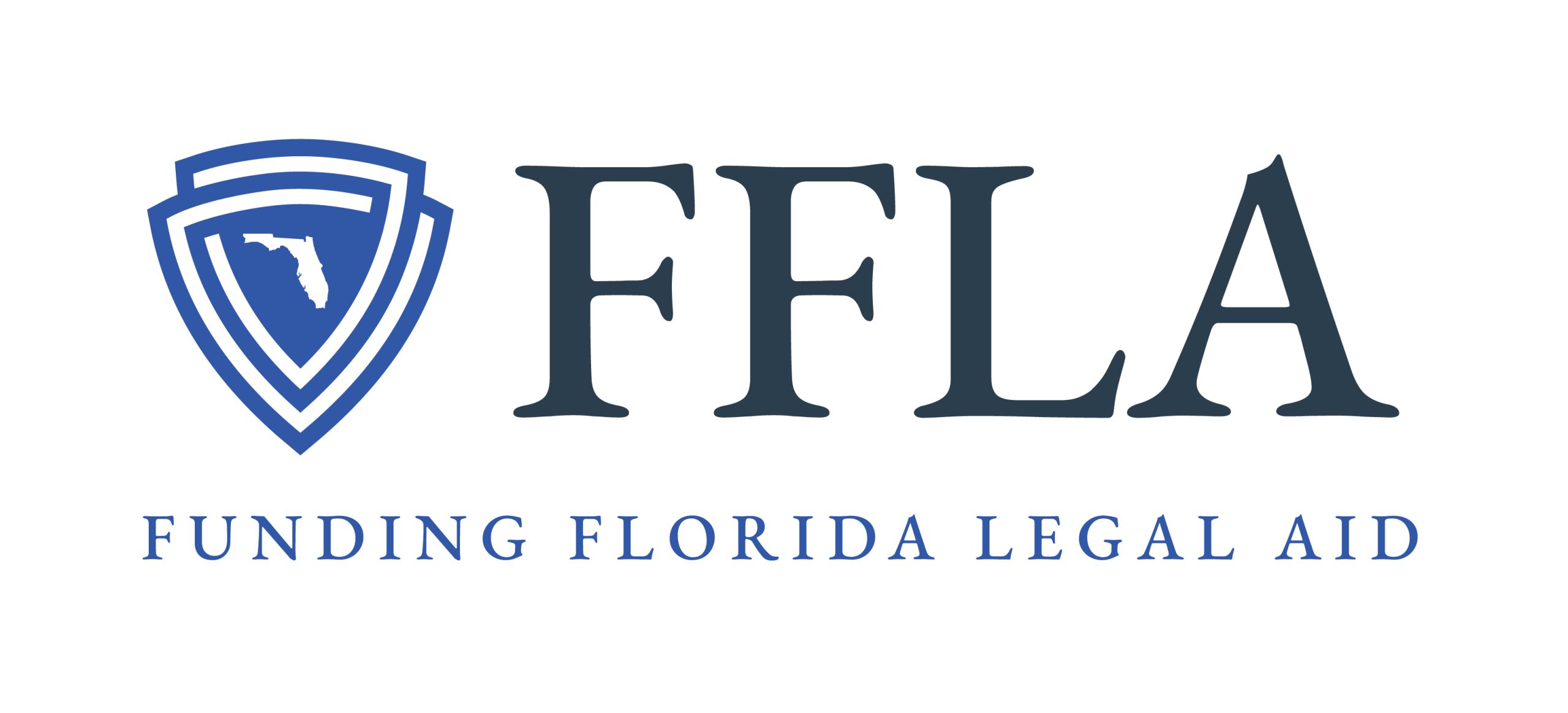Starting a Non-Profit
Starting a non-profit is a way to help others and serve the community. In a “corporation not for profit,” the primary goal of the corporation is to benefit the community, not to make a profit. This does not mean that non-profits cannot make money. Instead, the money that is made is reinvested back into the business itself. Profits are used to engage in activities that fulfill the organization’s mission, pay for reasonable salaries of its employees, and pay operating expenses.
The Internal Revenue Service (IRS) recognizes many types of non-profit organizations. The most common type is a 501(c)(3) corporation, which is formed for religious, charitable, scientific, literary, or educational purposes and is eligible for federal and state tax exemptions. Typical 501(c)(3) non-profit corporations include churches and religious organizations, private foundations, and political organizations, among others.
If you are thinking about starting a non-profit organization, CLS can help you prepare articles of incorporation, guide you through the process of applying for tax exempt status, and assist with other legal requirements.
If you already have an established non-profit, CLS can help you with contracts and other legal issues.
WHAT ARE YOUR RIGHTS?
Before starting a non-profit, research what is required in Florida and by the Internal Revenue Service (IRS).
You may find the Florida requirements for non-profits at the Florida Department of State by visiting their website. See also https://dos.myflorida.com/sunbiz/start-business/know-before-starting/.
Additional tools and resources may be found at the Council of Nonprofits website.
It is a good idea to consult both an attorney and a tax professional before starting a non-profit business.
Organizations that meet the requirements of IRS Code section 501(c)(3) are exempt from federal income tax as charitable organizations. Every exempt charitable organization is classified as either a public charity or a private foundation.
In general, public charities are organizations that (1) are churches, hospitals, or qualified medical research organizations affiliated with hospitals, schools, colleges and universities; (2) have an active program of fundraising and receive contributions from many sources, including the general public, governmental agencies, corporations, private foundations, or other public charities; (3) receive income from the conduct of activities in furtherance of the organization’s exempt purposes’ or (4) actively function in a supporting relationship to one or more existing public charities.
Private foundations, in contrast, typically have a single major source of funding (usually gifts from one family or corporation rather than funding from many sources). The primary focus of most foundations is to award grants to other charitable organizations and to individuals, rather than the direct operation of charitable programs.
In general, no organization may qualify for section 501(c)(3) status if a substantial part of its activities is attempting to influence legislation (commonly known as lobbying). A 501(c)(3) organization may engage in some lobbying, but too much lobbying activity risks loss of tax-exempt status. If the organization’s purpose is to improve civic welfare and you intend to engage in substantial lobbying, the appropriate action may be to seek 501(c)(4) designation. Each year, you will be required to report amounts spent on lobbying activities to the IRS, as part of your Form 990 filing process. More about the Form 990 is provided later in this article. Speak to an attorney before making a decision between 501(c)(3) and 501(c)(4) non-profit structure. More information is available at https://www.irs.gov/charities-non-profits/other-non-profits/social-welfare-organizations.
WHAT DO YOU NEED TO DO?
When you form a non-profit corporation, you will need to choose a business name that is unique from other business names already on file with the Florida Department of State. You may conduct an online name search.
The name for a non-profit corporation must include the word “corporation,” “company,” or “incorporated,” or the abbreviation “Corp.,” “Inc.,” or “Co.,” or the designation “Corp,” “Inc,” or “Co,” to indicate that it is a corporation instead of a natural person, partnership, or other entity.
You should also check to see if the name you want to use is trademarked. You can conduct a search nationally using the United States Patent and Trademark search engine. You should also conduct a search of trademarks in Florida.
In Florida, a non-profit corporation is formed by filing articles of incorporation with the Florida Department of State, Division of Corporations. If the nonprofit intends to file for tax exempt status with the Internal Revenue Service, it should seek assistance from an attorney before filings its articles of incorporation to ensure IRS-required language is included.
Under Florida law, a non-profit is required to have a board of directors consisting of three or more individuals who typically serve on a volunteer basis. These individuals should be identified prior to filing the non-profit’s articles with the State.
You will need a registered agent and an incorporator for your non-profit. A “registered agent” is a business or individual designated to receive service of process, such as the summons and complaint in a lawsuit, when a business entity is a party in a legal action. An “incorporator” is a person who forms a corporation.
You must pay a fee to file articles of incorporation, and an additional fee to designate a registered agent. You may also choose to obtain a certified copy of the filed articles or a certificate of status at an additional charge. These optional documents may be useful if you plan to apply for a loan or grant. Information on all relevant fees can be found here.
A Federal Employer Identification Number (EIN), also known as a Federal Tax Identification Number, is a number used to identify a business, much like a social security number is used to identify a person. Your non-profit will need an EIN if you intend to apply for tax exempt status with the IRS.
You apply for an EIN through the IRS. The easiest way to apply is online. There is no cost and the number is issued immediately.
Depending on the type of service(s) provided by the non-profit, you may need to apply for one or more professional or occupational licenses. For businesses regulated by the Florida Department of Business and Professional Regulation (DBPR), you may apply online through the DBPR website.
Non-profits may be required to get a local business tax receipt (LBTR) from the cities and/or counties where they do business. Non-profits should be exempt from paying the annual tax but may still be required to register. Check with your local tax collector and city offices to find out if your non-profit is required to get an LBTR, and if so, what is required to apply and annually renew.
You will need to apply with the IRS if you wish to obtain tax exempt status for your non-profit corporation. To do so you will complete either a Form 1023 or Form 1023-EZ. Review the eligibility worksheet attached to Form 1023-EZ beginning on page 13.
It is recommended you speak to a tax professional/accountant, an attorney, or both before applying for tax-exempt status to prepare you for deciding which form is best for your nonprofit.
Florida provides an exemption from sales tax for sales to certain 501(c)(3) organizations. To be eligible for the exemption, a non-profit must obtain a sales tax exemption certificate from the Florida Department of Revenue.
If the non-profit will have employees, you may need to pay reemployment taxes to the Florida Department of Revenue.
If the non-profit is going to purchase or acquire property that will be used to further the non-profit’s charitable purpose, you should contact your local property appraiser to apply for a property tax exemption.
Non-profits may be required to get a local business tax receipt (LBTR) from the cities and/or counties where they do business. Non-profits should be exempt from paying the annual tax but may still be required to register. Check with your local tax collector and city offices to find out if your non-profit is required to get an LBTR, and if so, what is required to apply and annually renew.
After you form a non-profit, you will need to file annual reports with the State of Florida and pay an annual filing fee.
To keep its 501(c)(3) status, an organization must be careful not to do anything that would cause it to lose its exempt designation from the IRS. Factors that may lead to loss of 501(c)(3) status include too much lobbying, too much unrelated business income, not filing an annual 990 tax information form with the IRS or failing to achieve the organization’s original purpose. For more information, visit https://www.stayexempt.irs.gov/home/existing-organizations/maintaining-501c3-tax-exempt-status.
If the nonprofit is required to obtain any local business tax receipts, those will need to be renewed annually. If the nonprofit registers with the Florida Department of Agriculture and Consumer Services (FDACS) to solicit donations (see explanation below), the nonprofit will need to renew annually. The renewal date will occur each year on the month and day the nonprofit originally registered with FDACS.
WHAT TO CONSIDER BEFORE TAKING ACTION
Starting a non-profit requires careful planning. Before starting a non-profit, consider your corporation’s ability to gain and maintain 501(c)(3) status with the IRS.
It is best to speak with an attorney and a tax professional before you form a non-profit.
Speak to a business management professional to create business and financial plans for your non-profit.
Before the non-profit is allowed to raise money through donations or grants, it must register with the Florida Department of Agriculture and Consumer Services and renew annually.
The non-profit will need to file annual reports with the Florida Secretary of State, Division of Corporations, and potentially renew annually with other agencies. See this webpage for more information: https://dos.myflorida.com/sunbiz/manage-business/efile/annual-report/
You may need to enter into leases or other contracts governing the activity of your business. It is best to speak to an attorney before signing any documents.
In Florida, non-profit corporations are governed by the Florida Not for Profit Corporations Act. Whether a non-profit can qualify for tax exempt status is a question of federal tax law. For more information, see https://www.irs.gov/charities-non-profits/applying-for-tax-exempt-status.

 Home
Home








